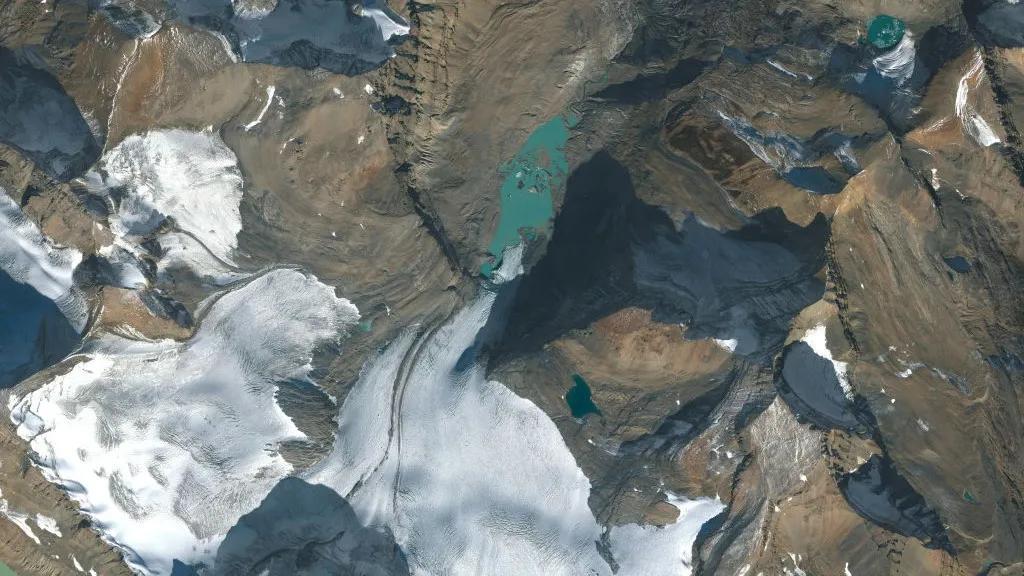
North America & Europe’s Glaciers Lost Unprecedented Ice in 4 Years: Study
In a shocking revelation, a recent study has found that glaciers in North America and Europe have lost an unprecedented amount of ice over the past four years. The study, published in the journal Geophysical Research Letters, reveals that glaciers in Washington, Montana, British Columbia, Alberta, and the Swiss Alps have shrunk by up to 13% between 2021 and 2024. This loss of ice is not only alarming but also unprecedented, with glaciers losing twice as much ice as they did between 2010 and 2020.
According to the study, the glaciers in the United States and Canada lost an average of 24.5 billion tons of ice per year between 2021 and 2024. In contrast, the Swiss Alps glaciers lost an average of 1.7 billion tons of ice annually during the same period. This staggering loss of ice is a clear indication of the devastating impact of climate change on our planet’s natural wonders.
The study, led by scientists from the University of Colorado Boulder, used satellite data to track the changes in glacier mass between 2021 and 2024. The researchers analyzed data from the NASA Landsat 8 and 9 satellites, as well as the European Space Agency’s Sentinel-2 satellite, to calculate the changes in glacier mass. The results are alarming, and the study’s findings have significant implications for our understanding of climate change.
The loss of ice in these glaciers is not only a concern for the environment but also has significant social and economic implications. Glaciers play a crucial role in regulating global sea levels, providing freshwater sources, and supporting local ecosystems. As the glaciers shrink, these ecosystems are under threat, and the impact on local communities is likely to be severe.
The study’s findings are also significant because they highlight the urgent need for action on climate change. The loss of ice in these glaciers is a clear indication that the planet is warming at an unprecedented rate. The study’s authors are calling for immediate action to reduce greenhouse gas emissions and mitigate the worst effects of climate change.
The study’s lead author, Dr. Michael Lüthi, said in a statement, “The rate of ice loss we’re seeing is unprecedented. It’s a clear sign that the planet is warming, and we need to take immediate action to reduce our carbon footprint and mitigate the worst effects of climate change.”
The study’s findings are also significant because they highlight the importance of monitoring glacier mass. Glaciers are sensitive to changes in temperature and precipitation, and monitoring their mass can provide valuable insights into the impacts of climate change.
The study’s authors are calling for continued monitoring of glacier mass to better understand the impacts of climate change. They are also urging policymakers to take immediate action to reduce greenhouse gas emissions and mitigate the worst effects of climate change.
In conclusion, the study’s findings are a wake-up call for us all. The loss of ice in North America and Europe’s glaciers is a clear indication of the devastating impact of climate change. It’s time for us to take immediate action to reduce our carbon footprint and mitigate the worst effects of climate change. We owe it to ourselves, our children, and future generations to act now.
Source:
https://agupubs.onlinelibrary.wiley.com/doi/10.1029/2025GL115235






